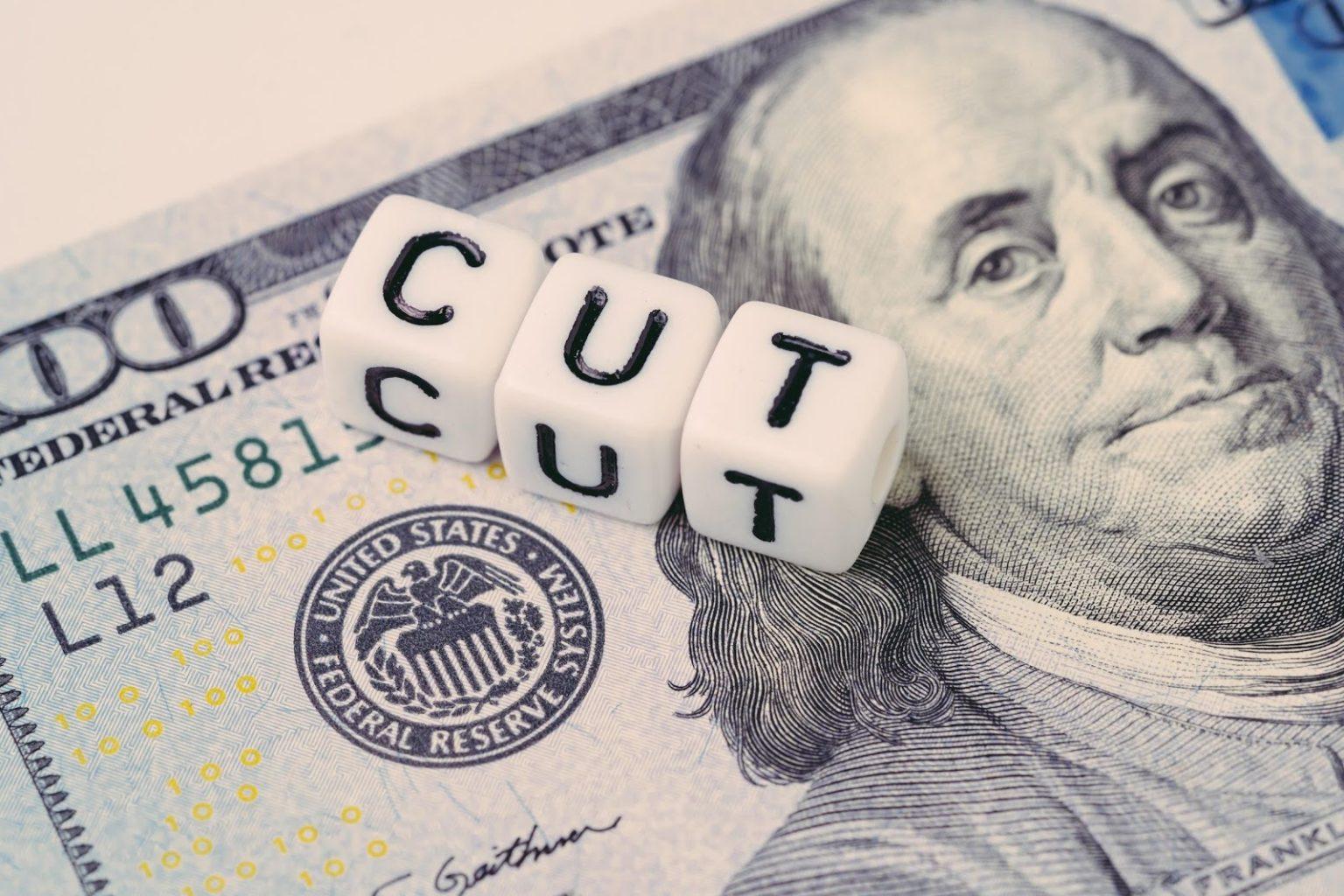This website is strictly for educational purposes and is not intended to provide specific legal, financial, or tax advice. Phil Cannella and Joann Small are licensed professionals in the insurance industry. Crash Proof Retirement, LLC. does not recommend or sell securities to anyone at any time. Any interviews conducted by Retirement Media, Inc ®. published on this website are not to be considered endorsements. Crash Proof Retirement, Crash Proof Retirement Show, and Retirement Media, Inc. ®, and all related uses, are federally trademarked with the United States Patent and Trademark Office. Any company or individual found violating these federal trademarks will be vigorously pursued through all available legal avenues and penalized to the fullest extent of the law. © 2024 Crash Proof Retirement, All Rights Reserved.

Fed Cuts Rates by 50 Points to Address Coronavirus
- March 4, 2020
- Phil Cannella
- Blog
- 0 Comments
As reports swirled of an exponential increase of coronavirus cases in the United States Tuesday morning, the Federal Reserve made a surprising announcement that they were cutting interest rates by 50 basis points. With the new cuts, the target rate now sits between 1% and 1.25% – what some consider a desperate attempt to jolt the economy during a global epidemic.
Chairman Jerome Powell made the announcement during a press conference Tuesday morning after the Fed unanimously voted to make the cuts. The Fed also published a press release rationalizing their decision to lower the target range by half a percentage point. While they acknowledged that the economy is strong, the Fed also recognized that, “the coronavirus poses evolving risks to economic activity.” Initially, the market reflected gains following the Fed’s response, but that was quickly reversed during the afternoon as the Dow, S&P 500, and Nasdaq all fell nearly 3% or more.
For months, President Trump urged Chairman Powell and his colleagues to decrease interest rates to bolster economic activity, but the Fed wouldn’t budge. After the markets experienced one of its worst weeks since the great recession due to the virus, Trump got his wish. While rate cuts typically generate more economic activity through increased spending and borrowing, the economy may be en route to slow down as the virus is raising heightened caution among Americans. Furthermore, individuals who save may be adversely affected from the lowered rates.
Those who place their money in a money market account, certificate of deposit, or traditional savings account could see adverse effects when interest rates decrease. Most accounts that were opened before the rate cut will not be impacted, but accounts that are opened following the cuts will accrue less interest. The same is true for bonds; when interest rates are cut, bond prices increase while the attached interest rates are diminished.
The Center for Disease Control and Prevention (CDC) along with other federal agencies have started to ramp up efforts to contain the virus as it has caused several deaths in the United States this week alone. These reports have increased volatility in the market and now, combined with rate cuts, investors continue to take hits on all fronts. If the Fed’s rate cut is unable to boost the markets, more cuts may follow, increasing the chances of the United States issuing negative rates before the end of the year. Currently, there are a handful of European countries, along with Japan, that have issued negative interest rates to bolster their economies. A decision by the United States to do the same would have a global impact that is far from predictable.
The uncertainty of the coronavirus and further rate cuts are likely to cause further market losses and economic disruptions throughout the month of March and beyond. Ultimately, investors were not too keen on the Fed’s decision to lower rates, because monetary policy is not going to prevent the disease from spreading. Lowered rates encourage spending and borrowing, but specific sectors of the economy like travel and tourism are experiencing significant losses. Further, many Americans are growing concerned about the virus and are scrambling to get necessary supplies should the situation worsen. If it does, businesses will be hit hard and lower rates will not have much of an impact on consumer spending.
With that said, however, there is a possibility that lower rates could be advantageous to shield businesses from the effects of the coronavirus spreading. As noted in the previous paragraph, if the virus creates a more problematic situation in the United States, businesses will take a hit. Instituting lower rates could serve as a valuable resource for companies to weather the storm. All in all, it may take a while for the coronavirus to dissipate and allow the market to recover from the panic.


Leave a Reply
You must be logged in to post a comment.